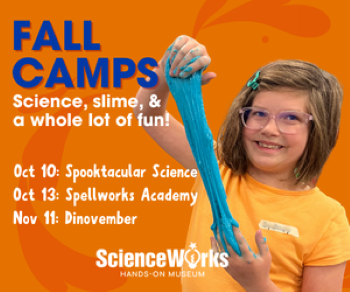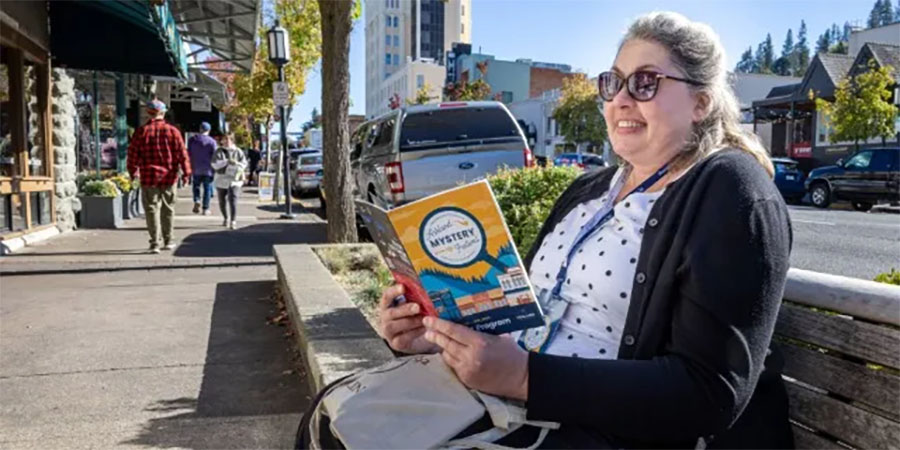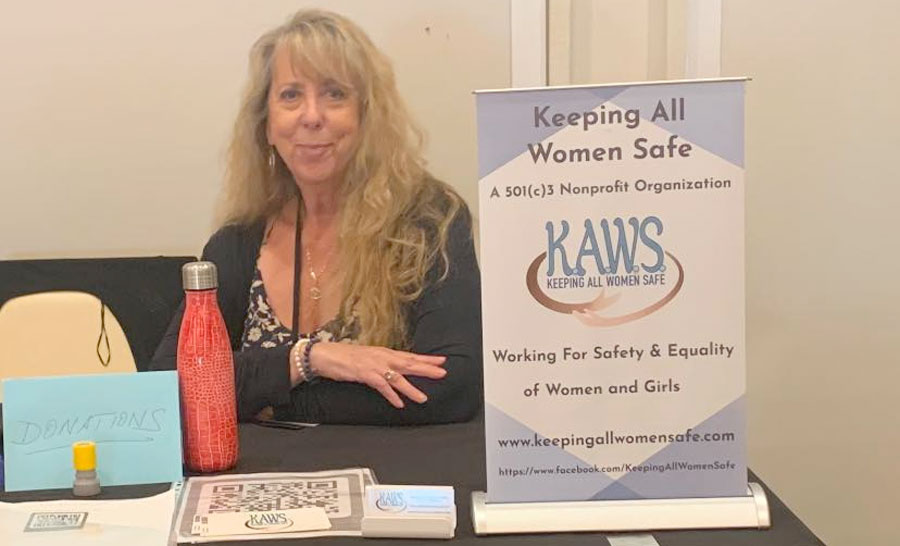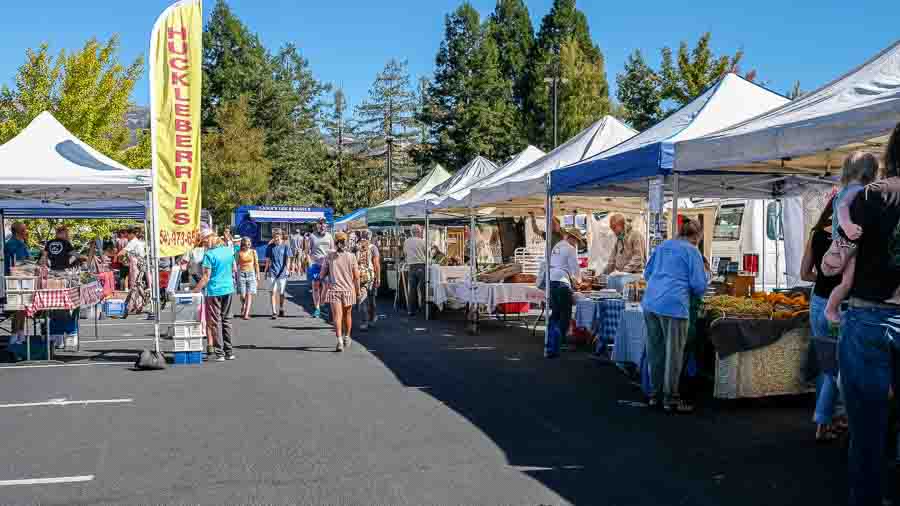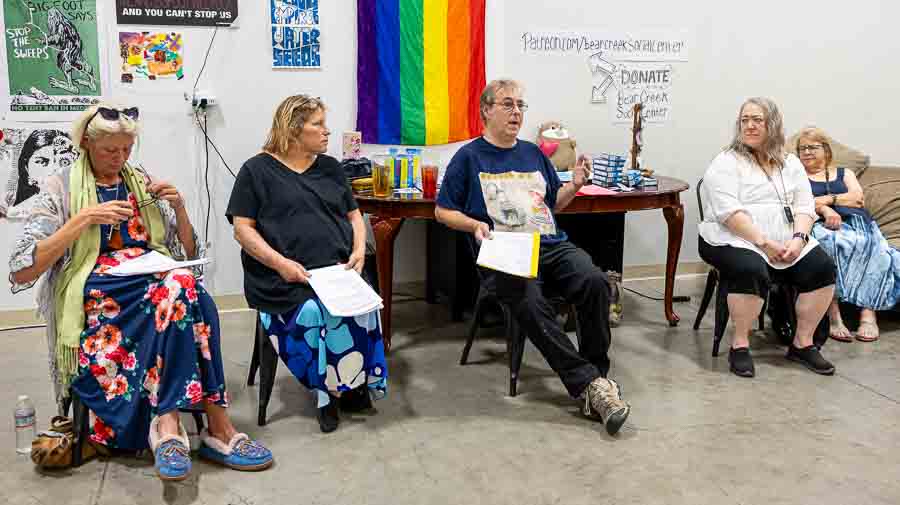Saying goodbye at home is ideal for humans and their companion animals
By Midge Raymond
Eight years ago, when our cat, Theo, was dying of cancer, our veterinarian made a house call to euthanize him. While Theo usually saw her at her practice, he was always agitated by vet visits, first getting violently carsick and then biting and clawing through any exam or treatment he needed. We wanted his last moments to be as peaceful as possible — and not having to take him anywhere was an important first step.
We also knew he’d be more comfortable in his own home, on his own couch, with both his humans right there with him. And while Theo did hiss when given the sedative (which was not unusual — he hissed at just about everything), he drifted off while eating his favorite treats and being loved on. It was the best death we could’ve hoped for with this particularly challenging cat.

Years later, we lost two more cats to illness during the pandemic, when our vet could no longer make house calls. These two were much friendlier and more easygoing — and though we had to take them to the vet for their last appointments, their deaths were, because we were with them every moment, no less peaceful than Theo’s.
Yet for most pets — and their humans — being at home makes a difficult time much easier.
Ashland-based veterinarian Paula Backus, who started a local mobile vet practice in 1990, still does house calls, only now she focuses solely on euthanasia. “Because it was a mobile practice, there were limitations to what I could do,” Dr. Backus says. “I did acupuncture at that time, and I did a lot of at-home euthanasia because people wanted that then, too. And I just got to the point where I thought I was going to retire because I was tired of conventional presentations — and there was such a need for this.”
She made the transition nearly six years ago, and it was during the pandemic that her business really took off because pandemic restrictions often made it impossible for humans to be with their animals during vet visits.
And Dr. Backus is busier now than she was in her regular veterinary practice. “I’ve had days where I do seven in a day,” she says, though her typical number of euthanasia procedures is three or four.
It’s difficult work, she says, and “it’s not for everyone, by any means.” But, she says, “it’s also very rewarding to be part of such a profound experience and all the love that’s there.”
One advantage of at-home euthanasia is that the whole family can be there, unlike in a typical veterinary exam room, which may have room for only a couple of humans. “I love it when there are kids there, because that’s often their first experience of death,” Dr. Backus says. “To have it be so gentle, and they can witness it and be there and participate in the whole thing — it’s lovely.”
It can also be important for other family pets to be part of the experience. “Often times people take their animal to the vet, and they never come home. We don’t know exactly what the other animals are thinking, but there are certainly indications that animals that are left feel grief, or are confused. So it’s wonderful for them to be able to have some closure.”
Local vet clinics & in-home euthanasia
Bear Creek Animal Clinic: provides for any patient.
A Street Animal Clinic: provides for current clients.
Animal Medical Hospital: provides referrals when necessary.
Ashland Veterinary Hospital provides on case-by-case basis, for established clients.
In addition to Dr. Paula Backus, local veterinarians also recommend Dr. Jennifer Wickland and Dr. Josh Williams for in-home euthanasia. Dr. Julie Tavares provides this service as part of her mobile vet practice.
With her veterinary bag and a Title Nine jumpsuit as her uniform, Dr. Backus travels from Ashland all over the Rogue Valley. The jumpsuit is “perfect for what I’m doing,” she says. “Hair doesn’t really stick to it. I have it in five different colors now because now all I have to do is decide what color.”
Dr. Backus begins her workday around midmorning, after taking time to meditate, exercise and return phone calls. She does all her own administrative work, which she doesn’t mind because it gives her more insight into her patients and their humans. “I really like having that interaction with people before I go to their house, so I have a sense of what they’re like, what they’re thinking, what they’re wanting, how challenging it is. The administrative part of it’s the hardest. The actual work is why you do it.”
Though pets who get to stay at home when seeing the vet are more relaxed, Dr. Backus brings treats to every call, just in case. And usually, even with the most frightened or aggressive animals, it works. “I get down on their level, and I don’t make eye contact, and I offer a treat, and usually we become friends.”
Dr. Backus can sometimes, though rarely, take a same-day appointment; most people will schedule her within a couple days of making the decision. “I will also do second opinion or quality of life assessments,” she says. “It’s difficult to make that decision. How you decide about ending the life of another living being? We don’t do that very often. And so people struggle with that, and I get it. I can be an objective set of eyes to help people talk about quality of life and different ways to assess it.”
Even though she is performing only one aspect of veterinary care, for Dr. Backus, it’s a different experience every time. “The part of a mobile practice that I love is working on my own and not being in a sterile office environment, but getting to be in people’s homes. It’s lovely. That’s a big part of why I like it.”
And being good with animals is only part of the picture. “My first degree is in social work,” Dr. Backus says, “and I really feel like I’ve come full circle. So much of what I do is sitting with people and helping them navigate the loss of an animal. I enjoy the interactions with not just the animals but also the people.”
Ashland resident Midge Raymond is co-founder of Ashland Creek Press and author of the novels “Floreana” and “My Last Continent” and co-author of “Devils Island.” Email suggestions and questions for Catty Corner to her at [email protected].








